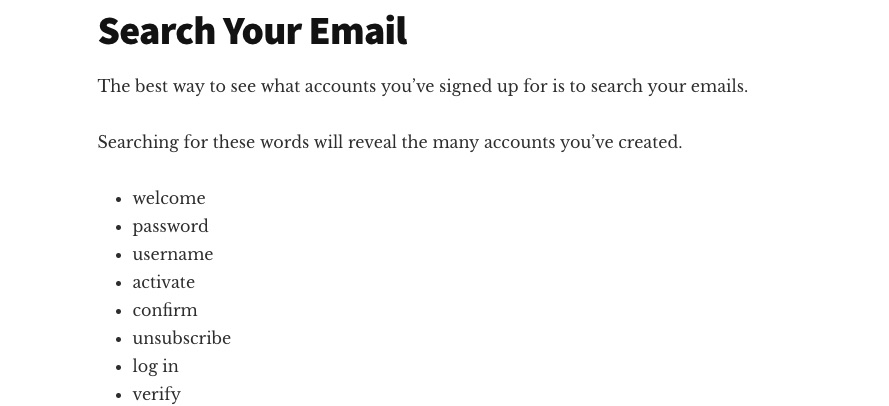
- #BEST PASSWORD MANAGER BOOK SOFTWARE#
- #BEST PASSWORD MANAGER BOOK PASSWORD#
I use Google Authenticator, a form of two-factor authentication, to access my LastPass vault. I use LastPass to manage all my passwords and additional security information.
#BEST PASSWORD MANAGER BOOK SOFTWARE#
I keep my machines secure by doing the things you hear over and over: keeping software up to date, running scans regularly, avoiding malicious websites and downloads, not falling for phishing, and so on. The last one scares most people, but my claim is that using password managers is, in fact, one way to use your computer more safely. Your own ability to use your computer safely.
#BEST PASSWORD MANAGER BOOK PASSWORD#
The master password you use to access the password manager. Password managers are the safest way to keep a record of your online account information, but they are no safer than: As I said earlier, if you fall victim to malware, all bets are off, no matter what technique(s) you use. There is no such thing as absolute security. There are no absolutes - that, too, is a practical reality. Password managers are safer than any practical alternative. All bets are off if a keylogger captures what you enter when you log in to your bank account.Īvoiding a password manager doesn’t increase your security one whit. 
That’s a serious concern, and not to be taken lightly.īut it’s a concern that exists regardless of whether you use a password manager or not. For example, while I’m logged into LastPass, all the information could technically be available to software running on my machine - good software or bad. Malware could gain access to whatever it is you have stored on the computer. It is true that if your computer is compromised, all bets are off.

If you’re compromised, you’re compromised
Securely store other information of many types.Īnd they do all of that with more security than almost all alternatives. Automatically fill in not just passwords, but common web forms. Synchronize your information across multiple devices. Most password managers add several features that make improved security even more convenient. Password managers are specifically designed to securely do exactly that. These are things people don’t do unless they have a tool in place to help them. Use different passwords on different sites. Avoid the need to remember passwords yourself. Generate and use secure, complex, and appropriately long passwords. Password managers make best practices trivially easy. You’ll save the password using technology that is not secure (not memorable).Īny one of those can significantly compromise your security. You’ll use the same password at multiple sites (not unique). You’ll choose a less secure, easy-to-remember password (short and/or not complex). 
Without a password manager, you’ll compromise your security in some way. At least one, if not two, will be compromised without the aid of a password vault. Those requirements simply can’t all be met at the same time. Without using a password manager, it’s also completely impractical.
Use a different password on every site or service (unique). Keep them nowhere but in your head (memorable). Have good, strong passwords (long and complex). There’s no such thing as perfect security, but using a password manager ensures you’re as secure as possible without needing to make those tradeoffs. Without a password manager to aid you, you’ll likely need to make a tradeoff that compromises your security. 
Good security demands you have a unique and strong password for every site or service ideally kept only in your head.








 0 kommentar(er)
0 kommentar(er)
